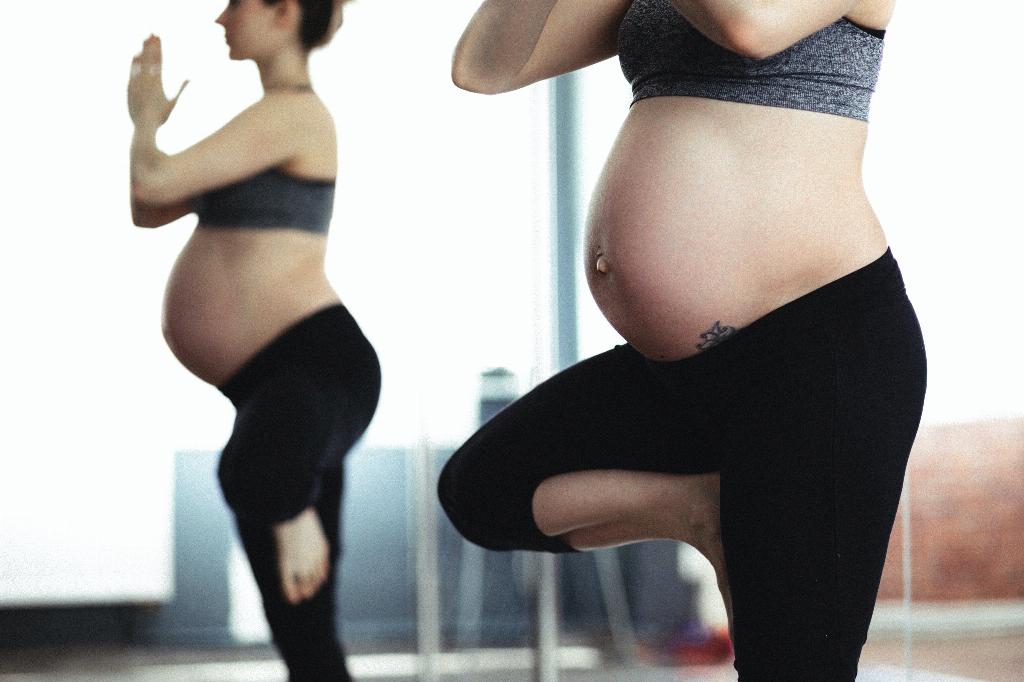When it comes to detecting pregnancy through ultrasound, timing is crucial. Many women wonder how early they can see indications of pregnancy on an ultrasound scan. The answer often varies depending on several factors, such as the woman’s menstrual cycle and the sensitivity of the ultrasound machine used.
The Six-Week Milestone: A Crucial Moment
It’s generally around the six-week mark into a pregnancy that ultrasound scans start to reveal concrete evidence of the fetus. This milestone is significant as it allows healthcare professionals to assess the viability of the pregnancy. At this stage, the gestational sac and yolk sac are typically visible, providing essential information for determining the health of the pregnancy.
The Importance of Patience in Pregnancy Detection
For women eager to confirm their pregnancy through ultrasound, patience is key. Attempting to undergo an ultrasound scan too early can often lead to inconclusive results, causing unnecessary stress and confusion. Waiting until the optimal time for accurate visualization can provide a more definitive answer.
Factors Affecting Early Detection
Several factors can impact the visibility of the pregnancy during an ultrasound scan. The accuracy of the dating of the pregnancy, the resolution of the ultrasound equipment, and even the skill of the sonographer performing the scan can influence how early signs of pregnancy can be detected.
Ultrasound Sensitivity and Timing
The sensitivity of the ultrasound machine plays a crucial role in determining how early a pregnancy can be seen. High-quality, modern ultrasound equipment can often detect signs of pregnancy earlier than older or less advanced machines. Additionally, the gestational age of the fetus also plays a significant role in the timing of detection.
Expectations and Realities of Early Ultrasound
Managing expectations is essential when considering early pregnancy ultrasound. While some women may hope to see clear evidence of pregnancy from the start, the reality is that early scans may only show subtle signs that require more advanced imaging for conclusive results.
Consulting with Healthcare Professionals
For accurate and reliable information regarding pregnancy detection through ultrasound, consulting with healthcare professionals is vital. Obstetricians and sonographers have the expertise and experience to provide guidance on when to undergo an ultrasound scan for optimal results.
Emotional Impact of Early Ultrasound
For many women, the anticipation of seeing early signs of pregnancy on an ultrasound can evoke a range of emotions. From excitement and joy to anxiety and apprehension, undergoing an early ultrasound can be a profound and emotional experience.
Interpreting Ultrasound Results
Understanding how to interpret ultrasound results is crucial in deciphering the early signs of pregnancy. Reading and comprehending the information provided in the ultrasound report can help women gain insight into the health and development of their pregnancy.
Advancements in Ultrasound Technology
With continuous advancements in ultrasound technology, the ability to detect early signs of pregnancy has become more refined and accurate. State-of-the-art ultrasound machines now offer clearer imaging, allowing for better visualization of the fetus in the early stages of pregnancy.
Final Thoughts on Pregnancy Ultrasound
In conclusion, the timing of when early signs of pregnancy can be seen on an ultrasound scan is a crucial aspect of the pregnancy detection process. By understanding the factors that influence the visibility of the pregnancy, women can approach ultrasound appointments with informed expectations and a sense of readiness.

